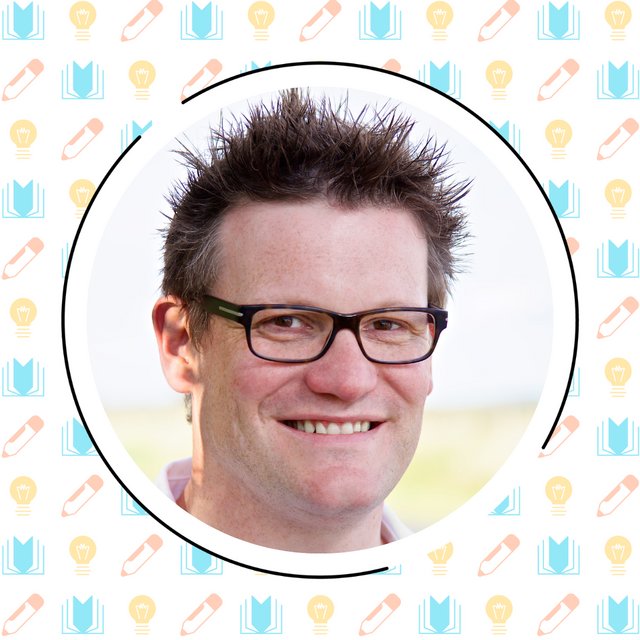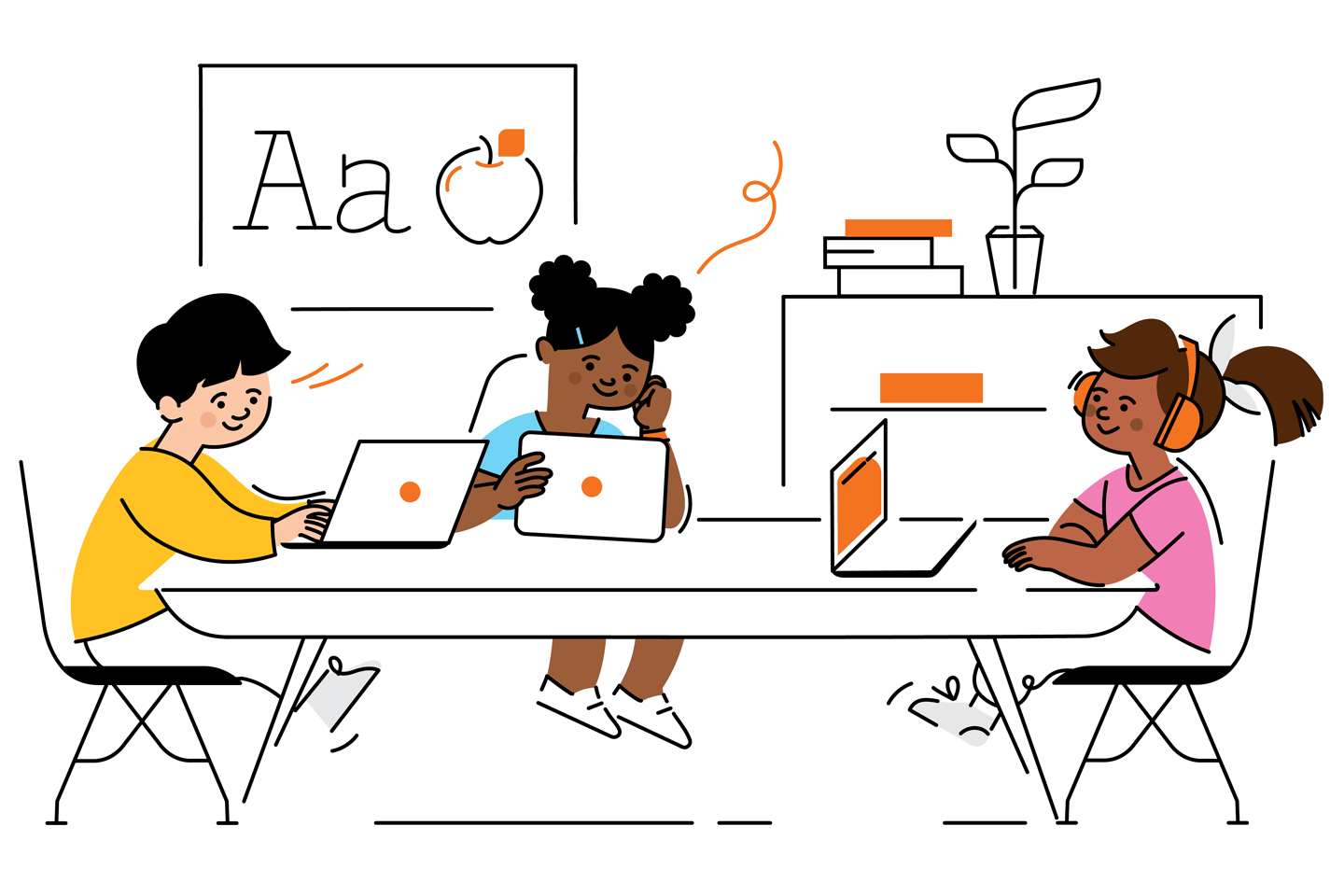
Cognitive load theory: Four items at a time, with Greg Ashman
Greg Ashman—author of multiple books including A Little Guide for Teachers: Cognitive Load Theory, deputy principal, and professor—sits down with Susan Lambert on this episode to discuss cognitive load theory and how it applies to how students learn and how to best teach them. Together their conversation covers cognitive load theory, including an exploration of working memory and long-term memory; intrinsic load and extraneous load; biologically primary vs. biologically secondary knowledge; and how to apply these concepts in the classroom. Ashman also provides listeners with helpful advice on ensuring their teaching practices are based on evidence.
Meet our guest(s):



